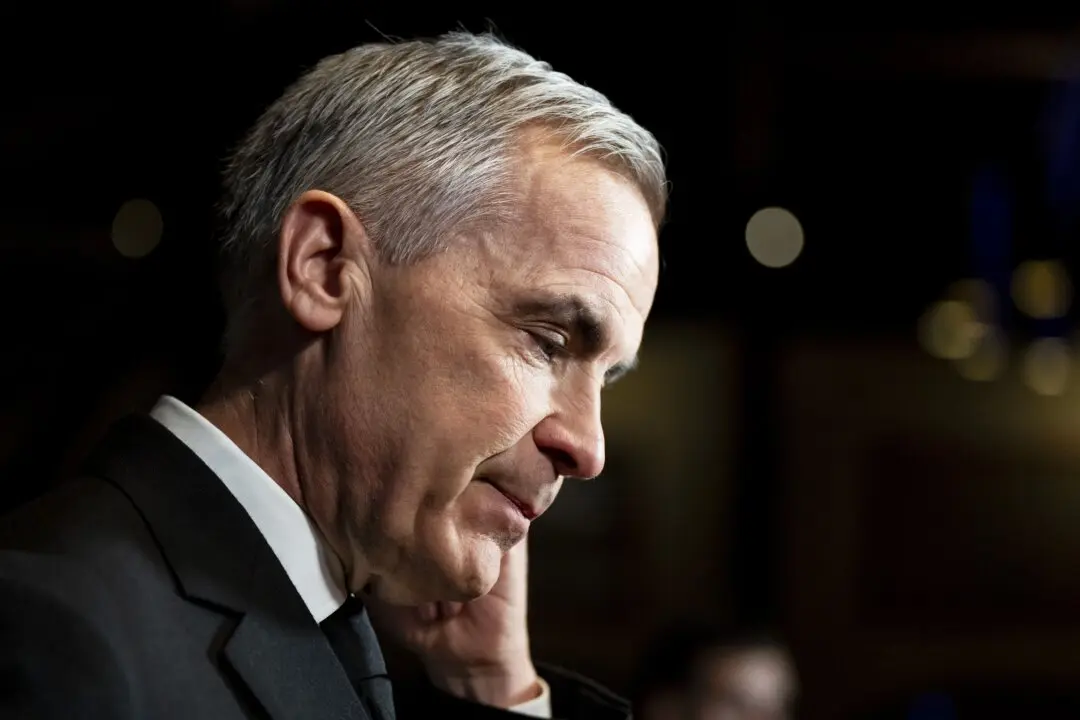Prime Minister Mark Carney says the Liberal government will deliver a budget this fall, marking a shift in strategy following his finance minister’s suggestion four days earlier that a budget would not be issued this year.
Finance Minister François-Philippe Champagne said last week that, in lieu of the budget, the government’s plan will be made clear in the upcoming throne speech, which outlines the government’s agenda. He also said the government would release a Fall Economic Statement.





